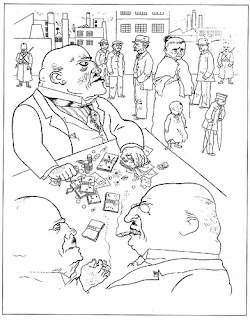Have been indulging myself in past week – eg reading three John le Carre novels in quick succession – A Small Town in Germany
Pity he can’t be persuaded to write a novel based on Romanian political realities! Presumably someone will soon write a novel focused on the recent work of prosecutors here which, having put one ex-Prime Minister and a Minister of Agriculture into prison, now have another ex-Minister and current MEP in their sights
A great Romanian pianist died at the weekend – at the tragically young age of 33 - Mihaela Ursuleasa
She represented Romania Romania
Not just the well-known Enescu but composers such as Porumbescu (here and here); Martian Neagra, Dinicu and Constantinescu to mention a handful. And these are just some of the composers! Then throw in the performers eg The Balinescu quartet eg their wine’s so good and their Life and Death. Hopefully you can hear the YouTube music - for the moment I have no sound!
What a pity that their political class has dragged the country's reputation down!
And I have just learned that Gore Vidal has died - at age 86. I've only read a couple of his novels but it was his increasingly acerbic essays on American politics which had me rolling in the aisles - particularly his mock State of the Union addresses.
And I have just learned that Gore Vidal has died - at age 86. I've only read a couple of his novels but it was his increasingly acerbic essays on American politics which had me rolling in the aisles - particularly his mock State of the Union addresses.





